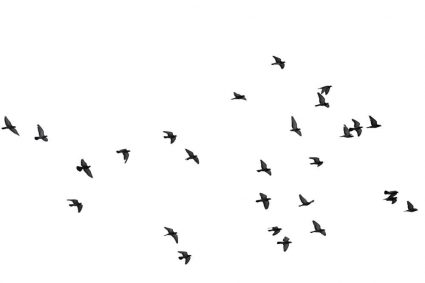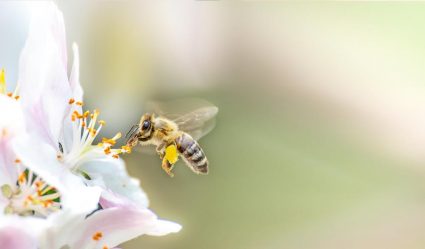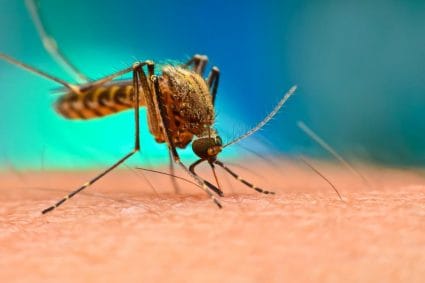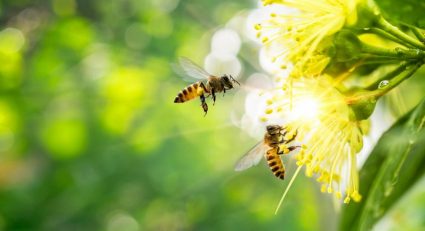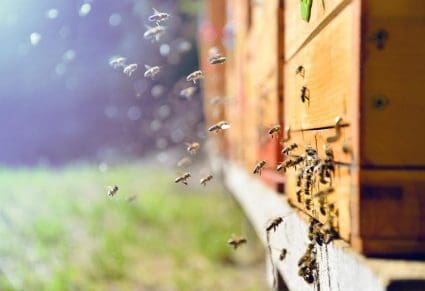
Chipmunks, with their adorable stripes and bushy tails, can seem like harmless creatures. However, if you’ve ever dealt with a chipmunk infestation in your yard or garden, you know that these small rodents can cause significant damage. They can uproot plants, dig burrows that undermine structures, and even potentially spread diseases. In this comprehensive guide, we’ll explore effective and humane methods to deter chipmunks from your yard and garden.
To deter chipmunks from your property, use a combination of natural repellents like cayenne pepper or chili powder, plant deterrents such as daffodils and alliums, and install fences around your garden. Maintain a clean yard by removing sources of food and shelter, use ultrasonic deterrents, and consider humane traps if necessary. Always adhere to local laws and ethics when dealing with wildlife. If the infestation persists, seek professional help.
Why Do Chipmunks Invade Your Property?
Understanding why chipmunks are attracted to your property is the first step in effective chipmunk deterrence. The primary reasons include:
- Availability of food: Chipmunks are attracted to properties with plentiful food sources such as bird feeders, gardens, and fruit or nut trees.
- Shelter: Areas under porches, decks, retention walls, and near foundations provide ideal shelter for chipmunks to build their burrows.
- Water sources: Properties with accessible water sources like ponds or birdbaths can attract chipmunks.
- Lack of predators: If there are fewer predators like cats or birds of prey in the area, chipmunks may find your property more appealing.
- Lack of competition: If there’s a lack of other rodents in the area, chipmunks may find the property more appealing.
Identifying Chipmunk Presence
Before you start implementing chipmunk deterrent strategies, it’s important to confirm their presence. Look for these signs:
- Appearance: Chipmunks are small, brown rodents with unique markings. They have two white stripes on their short, pointy heads and black and white lines running down the length of their backs.
- Burrows: Chipmunk burrows are typically 2-3 inches in diameter and flat to the ground, without mounds of dirt like mole holes or anthills.
- Droppings: The presence of chipmunk droppings can indicate an infestation around your property.
- Damage to plants: Chipmunks may cause damage to garden vegetables, fruits, and flowers. If you notice partially eaten produce or bite marks on fruits, it’s a clear sign of chipmunk activity.
- Debarked trees: In some cases, chipmunks may strip bark from trees, which can be another sign of their presence.
Humane Methods to Deter Chipmunks
Once you’ve confirmed the presence of chipmunks, it’s time to implement some deterrent strategies. Here are some effective and humane methods:
Use Natural Repellents
Sprinkle cayenne pepper, chili powder, or other hot spices around your garden to discourage chipmunks. You can also create a homemade repellent spray using pureed garlic, hot peppers, soapy water, and castor oil.
Plant Natural Deterrents
Planting certain herbs and flowers can deter chipmunks. Consider planting daffodils, marigolds, alliums, garlic, peppermint, chives, echinacea, and lavender in your garden.
Install Fences
Use ¼ inch hardware cloth to create a fence around your garden. Bury the fence 6 to 12 inches deep and make it 2½ to 3 feet above ground to prevent chipmunks from digging under or climbing over it. You can also add a foot-wide “L”-shaped shelf at the bottom of the fence to further prevent burrowing.
Keep Your Yard Clean
Remove sources of food and shelter, such as piles of wood, rocks, or debris, to make your garden less attractive to chipmunks. Trim overgrown vegetation and keep a clean, well-maintained landscape.
Use Ultrasonic Deterrents
Ultrasonic devices emit high-frequency sounds that repel chipmunks and other small rodents. Consider installing one in your yard.
Employ Humane Traps
If chipmunks continue to be a problem, use live traps baited with sunflower seeds and fruit. Once trapped, you can relocate them away from your garden.
Remember to use a combination of these tactics to increase the effectiveness of your chipmunk control strategy.
Legal and Ethical Considerations
When deterring chipmunks, it’s important to consider legal and ethical guidelines. Always check local laws and regulations regarding the capture and relocation of chipmunks. Opt for humane methods of control, such as prevention, repelling, and trapping. Avoid using glue traps, as they cause prolonged suffering to trapped animals.
When to Seek Professional Help
If chipmunks cause structural damage to your property or consistently damage your garden despite your best efforts, consider seeking help from professional wildlife removal services. Companies like Critter Control, Terminix, Orkin, Western Exterminator, and SWAT Services offer chipmunk removal and control services.
In conclusion, while chipmunks can be a nuisance, there are many effective and humane methods to deter them from your property. With a little patience and perseverance, you can protect your garden and home from these small but destructive creatures.
Frequently Asked Questions
What do chipmunks typically eat?
Chipmunks have a varied diet. They usually eat fruits, nuts, seeds, mushrooms, insects, and occasionally small birds’ eggs. In gardens, they tend to target strawberries, tomatoes, corn, peas, and other vegetables.
Are chipmunks harmful to humans?
While chipmunks are not directly harmful to humans, they can potentially spread diseases like Lyme disease through ticks they carry. However, this is relatively rare. Their primary threat is to your property and garden, where they can cause significant damage.
How can I tell the difference between a chipmunk and a squirrel?
Chipmunks are smaller than most squirrels, with a length of about 5 to 6 inches. They have distinct black and white stripes on their backs and heads, which squirrels lack. Squirrels are usually larger and have a bushier tail.
What time of the day are chipmunks most active?
Chipmunks are diurnal creatures, meaning they are most active during the day, particularly in the early morning and late afternoon.
How long do chipmunks live?
In the wild, chipmunks have an average lifespan of 2 to 3 years. In captivity, they can live up to 8 years.
Are chipmunks protected by law?
The legal status of chipmunks varies by location. In some areas, they are considered protected wildlife and cannot be killed or relocated without a permit. Always check local laws before taking action.

